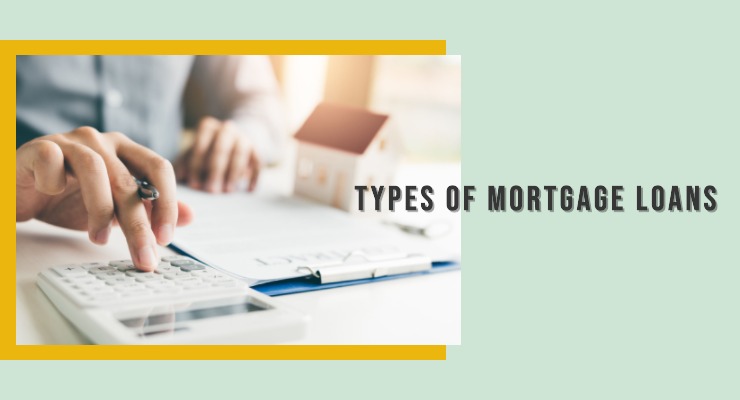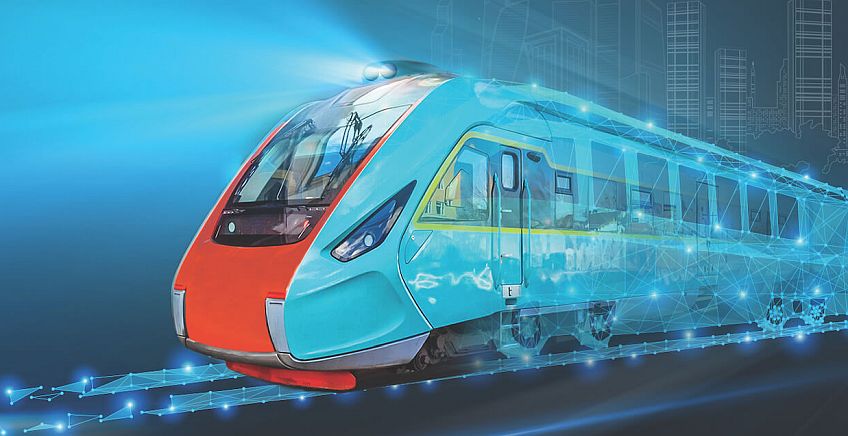Navigating the realm of mortgage loans can seem daunting, especially with the multitude of options available. Nevertheless, understanding the different types of mortgage loans is a pivotal step in your home-buying journey. This article aims to provide a comprehensive guide to various mortgage loans, empowering you to make informed decisions tailored to your financial needs and home ownership goals.
What is a Mortgage Loan?
A mortgage loan, often simply known as a mortgage, is a type of loan used specifically for the purchase of real estate property. While it shares similarities with other loan types, a mortgage is unique as the property being purchased serves as collateral for the loan. This means if the borrower fails to make timely payments, the lender has the right to seize the property in a process known as foreclosure.
The role of a mortgage loan in homeownership cannot be overstated. Unless you can afford to pay the entire property price upfront, which is often hundreds of thousands of dollars, you will likely need a mortgage to finance the purchase. Mortgages allow individuals to become homeowners by spreading the cost of the property over a number of years, typically 15 or 30, thereby making homeownership more accessible to many people.
Types of Mortgage Loans: An Overview
Now that we have a fundamental understanding of what a mortgage loan is, let’s delve into the various types available. Broadly speaking, these can be divided into several categories based on interest rate behavior (fixed-rate and adjustable-rate), government involvement (conventional, FHA, VA, and USDA), and size (conforming and jumbo loans). Each of these types has unique features and benefits designed to meet different needs. The forthcoming sections will offer a more in-depth look at each of these types of mortgage loans.
Fixed-Rate Mortgage Loans
A fixed-rate mortgage, as its name implies, carries a fixed interest rate that remains constant for the life of the loan. Whether you get a 15-year, 20-year, or 30-year fixed-rate mortgage, your monthly principal and interest payments remain the same throughout. This predictability makes budgeting easier since homeowners don’t have to worry about the interest rate changing over time.
Pros of choosing a fixed-rate loan include the financial stability and predictability they provide – your monthly payment will never change. This can be a major advantage, especially in an environment where interest rates are expected to rise.
However, the downside is that fixed-rate loans often start with higher interest rates than adjustable-rate mortgages. Furthermore, if interest rates fall, you’ll be stuck with your original rate unless you refinance your mortgage, which involves its own costs and complications.
Adjustable-Rate Mortgage Loans
An adjustable-rate mortgage (ARM), conversely, has an interest rate that changes over time. Typically, an ARM starts with a lower rate than a fixed-rate mortgage, and this initial rate remains the same for a set period of time (usually 3, 5, 7, or 10 years). After that, the rate will adjust periodically, usually annually, according to market interest rates.
The main advantage of an ARM is that initial interest rates are typically lower than those of fixed-rate mortgages, which could potentially save you a lot of money, especially if you plan to sell before the rate starts to adjust.
On the flip side, ARMs come with uncertainty. After the initial period, your interest rate and monthly payments can increase significantly, depending on market conditions. This variability can make budgeting more difficult.
Government-Insured Mortgage Loans
Government-insured loans are mortgages backed by the federal government. There are three types: Federal Housing Administration (FHA) loans, Veterans Affairs (VA) loans, and United States Department of Agriculture (USDA) loans.
FHA loans are designed to help low-to-moderate-income individuals purchase homes. They require lower down payments and credit scores than most conventional loans.
VA loans are available to service members, veterans, and eligible surviving spouses. They offer benefits like no down payment and no private mortgage insurance.
USDA loans are designed to help low-to-moderate-income households purchase homes in rural areas and certain suburban areas. They offer 100% financing, meaning no down payment is required.
While these types of loans make homeownership more accessible to certain groups, they also have drawbacks. They often come with more rules and restrictions, and, except for VA loans, they typically require an upfront and annual mortgage insurance premium.
Conclusion
Understanding the types of mortgage loans is crucial in navigating your home-buying journey. From fixed-rate to adjustable-rate, government-insured to jumbo loans, each type offers unique benefits and drawbacks that can significantly impact your financial future.
Your mortgage loan will be a significant commitment, often lasting decades, and it’s important to take the time to understand your options. While this article provides a comprehensive overview, it is essential to continue researching and possibly consult a financial advisor or mortgage professional to better understand which loan type is right for you.
Frequently Asked Questions
Q: Is it possible to switch from one type of mortgage loan to another after I’ve already started repayment?
A: Yes, this is typically done through a process called refinancing. It allows you to change your loan’s terms, including potentially changing the type of mortgage loan. However, there are often costs associated with refinancing, so it’s important to carefully weigh your options.
Q: I’ve heard of a ‘loan term.’ What does it mean?
A: A loan term refers to the length of time you’re expected to make payments towards your loan before it’s fully paid off. Common terms for mortgage loans are 15 years and 30 years, but other term lengths may be available depending on your lender and the specific loan product.
Q: Are there mortgage loans specifically for first-time homebuyers?
A: Yes, some lenders and government programs offer mortgage loans that are designed to help first-time homebuyers. These loans often come with competitive interest rates and may require smaller down payments. FHA loans, for instance, are popular among first-time homebuyers.
Q: How does my credit score affect the type of mortgage loan I can get?
A: Your credit score is a major factor lenders consider when you apply for a mortgage loan. A high credit score can help you qualify for lower interest rates and more favorable loan terms. For certain types of loans, like conventional loans, a high credit score is often required.
Q: If I have a small down payment, which type of mortgage loan should I consider?
A: Government-insured loans, like FHA and USDA loans, often allow for smaller down payments compared to conventional loans. Some of these loans may even offer down payment assistance programs. However, these loans often require mortgage insurance, which can add to your overall loan cost.



















